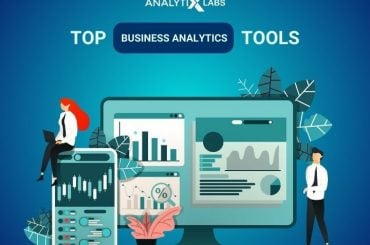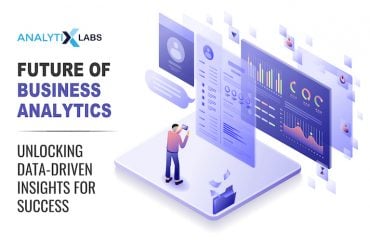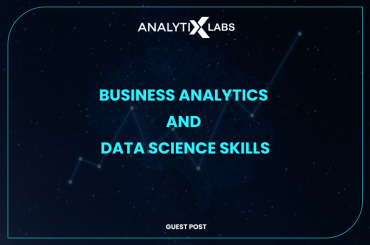 Sumant Moolgaokar was the chief executive of Tata Motors, a leading multi-industrial brand based in India. There is a story that Mr. Moolgaokar used to sit in a roadside food joint during lunch break and had lunch with the truck drivers. He used to chat with them inquiring about their experience and grievances regarding the trucks they drove. He kept those conversations in mind while further modifying the design of the vehicles. This is gathering and utilizing business intelligence at its basic level. This example explains primary job role of a modern business analyst quite conveniently.
Sumant Moolgaokar was the chief executive of Tata Motors, a leading multi-industrial brand based in India. There is a story that Mr. Moolgaokar used to sit in a roadside food joint during lunch break and had lunch with the truck drivers. He used to chat with them inquiring about their experience and grievances regarding the trucks they drove. He kept those conversations in mind while further modifying the design of the vehicles. This is gathering and utilizing business intelligence at its basic level. This example explains primary job role of a modern business analyst quite conveniently.
Addressing the confusions
We are living in an age of multidisciplinary skill sets and flexible job roles, thanks to the startup ecosystem. We cannot really say whether it helps or hurts the employees but one really needs to adapt to this. It often occurs that employees fail to find the true north of their skill set that is the key skill by which they are going to be defined. While it is not necessary to stamp yourself as something and never do anything else; that would be pretty limiting. But it is also not advised that you roam about not even knowing yourself.
The first confusion is between a business intelligence expert and a business analyst. Yes, there are differences, however small those may be.
As a BI professional you focus on the past data and assess the market at present. But the data traditionally focused on by business intelligence professionals are usually the structured data created by the transactions made by the company. They try to judge the consumer by the details of sales.
Business analyst on the other hand is required to focus on a far bigger amount of information which consists of both structured and unstructured data. They try to understand the sentiment of the consumers regarding the product, to put it simply.
Their job is different from a data analytics professional too. A data analyst does not usually get into the business functionalities, he is more concerned with the output of data analysis rather than on its effect on business decisions.
The basic skill set
The requisite skills for becoming a business analyst can be loosely classified in three areas.
- Soft skills – largely your communicative skills. It matters a lot how you interact with different departments of your company as well as how you communicate with the stakeholders. These skills can make a real difference when it comes to conveying the insights to your clients. Soft skills are going to play a crucial part when you sit for the interview as well.
- Domain knowledge – that is the business acumen. You need to be on the same page with your customers and clients at all times while ideally being a step ahead of them in understanding the market. You need to use the terms with same effect as your stakeholders. Domain knowledge is probably the most important skill for a BA. It requires intensive studying of the market – knowing all the large and small factors that play any part in its sustenance.
- Technical skills – your proficiency in various tools and techniques used for analysing and visualising data. This area can be worked upon to a wide extend. Business analyst training helps you learn one or more of these tools.
Let’s get deeper into the technical skill part. As a trained business analyst you are expected to be proficient in two kinds of data analysis.
- Descriptive analysis. That is forming a comprehensive idea about what has come to be in the past. This includes the study of the past data of the company regarding sales and consumer feedback. You are also required to delve into the unstructured data which can be got through various social media and transactional platforms. This means lending a ear directly to what the consumer says about your product or similar products.
- Diagnostic analysis comes next. Once you are done describing the situation, you should be able to etch out certain insights from the data. You should be able to mark the problems that might have been there in the products, or pick out certain points that may help improve the services.
Apart from these data visualization plays a crucial part in your job role. If you are not able to present your data driven insights in a comprehensible and engaging manner then little good can come of those insights. Your presentation should really move the audience to action. Thus you can become an indispensable part of the enterprise.








3 Comments
“Great ! Great ! Great ! Mind blowing blog. Great Amazing Help full blog For business analyst. very helpful and interesting at the same time.
Cheers
Talent Acquisition Specialist
Your internet site has excellent content. I bookmarked the site
Writing a blog post is really important for growth of your websites.Thanks for sharing amazing tips. Following this steps will transform the standard of your blog post for sure.